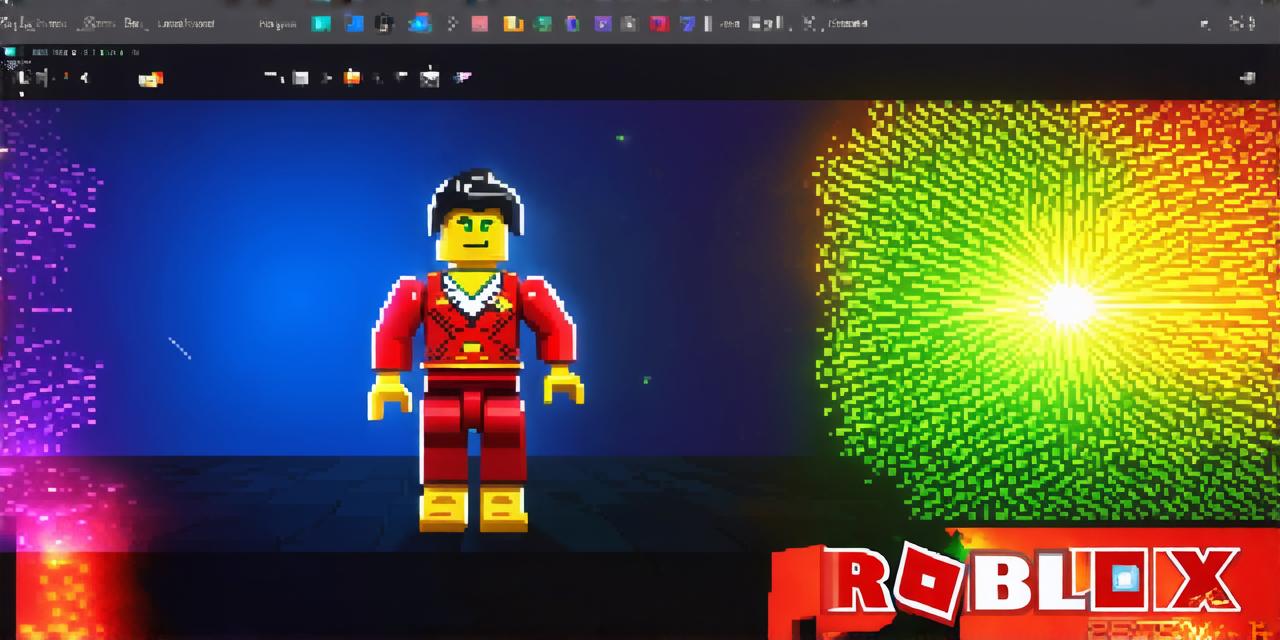Game development is a complex process that requires a variety of tools and technologies. Whether you’re working on a mobile game, console game, or PC game, there are countless tools available to help you create the perfect experience for your players.
1. Unity
Unity is one of the most popular game engines on the market today. It offers a powerful set of tools for building games across multiple platforms, including mobile, console, and PC. With Unity, you can create 2D and 3D games, as well as virtual reality (VR) and augmented reality (AR) experiences.
One of the key features of Unity is its cross-platform capabilities. This means that you can create a game once and deploy it to multiple platforms without having to rewrite any code. Additionally, Unity supports a wide range of scripting languages, including C, JavaScript, and Boo, making it easy to find developers with the skills you need.
Another advantage of Unity is its large community of developers and creators. This means that there are plenty of resources available to help you learn the platform, as well as a wide range of assets, plugins, and tools that can help you speed up your development process. However, one potential disadvantage of Unity is its steep learning curve, especially for beginners who may struggle with its complex interface and extensive documentation.
2. Unreal Engine
Unreal Engine is another popular game engine that’s widely used in the industry. It offers a powerful set of tools for building games across multiple platforms, including mobile, console, and PC. With Unreal Engine, you can create 2D and 3D games, as well as virtual reality (VR) and augmented reality (AR) experiences.
One of the key features of Unreal Engine is its support for real-time rendering. This means that you can see your game in action as you’re building it, which can be a huge time-saver compared to traditional game development methods where you have to wait until the final product is complete before you can test it. Additionally, Unreal Engine supports a wide range of scripting languages, including C++ and Blueprints, making it easy to find developers with the skills you need.
Another advantage of Unreal Engine is its powerful animation tools. This means that you can create complex animations and movements for your characters without having to rely on external software or plugins. However, one potential disadvantage of Unreal Engine is its high system requirements, which can make it difficult to work with on lower-end hardware.
3. Source Control

Source control is a crucial tool for game developers, especially when working in teams. It allows you to track changes to your code and collaborate with other team members in real-time. There are many different source control systems available, but two of the most popular are Git and Team Foundation Version Control (TFVC).
Git is a distributed version control system that’s widely used in the industry. It offers a powerful set of tools for tracking changes to your code and collaborating with other team members. One of the key features of Git is its ability to handle large codebases, making it well-suited for game development projects. Additionally, Git integrates well with many different development tools and platforms, making it easy to work with even if you’re not a Git expert.
TFVC is another popular source control system that’s commonly used in the industry. It offers many of the same features as Git, including branching, merging, and version control. However, TFVC is a centralized system, which means that all team members need to connect to a central server in order to work together. This can be a potential disadvantage for teams that are geographically dispersed or have limited bandwidth.




